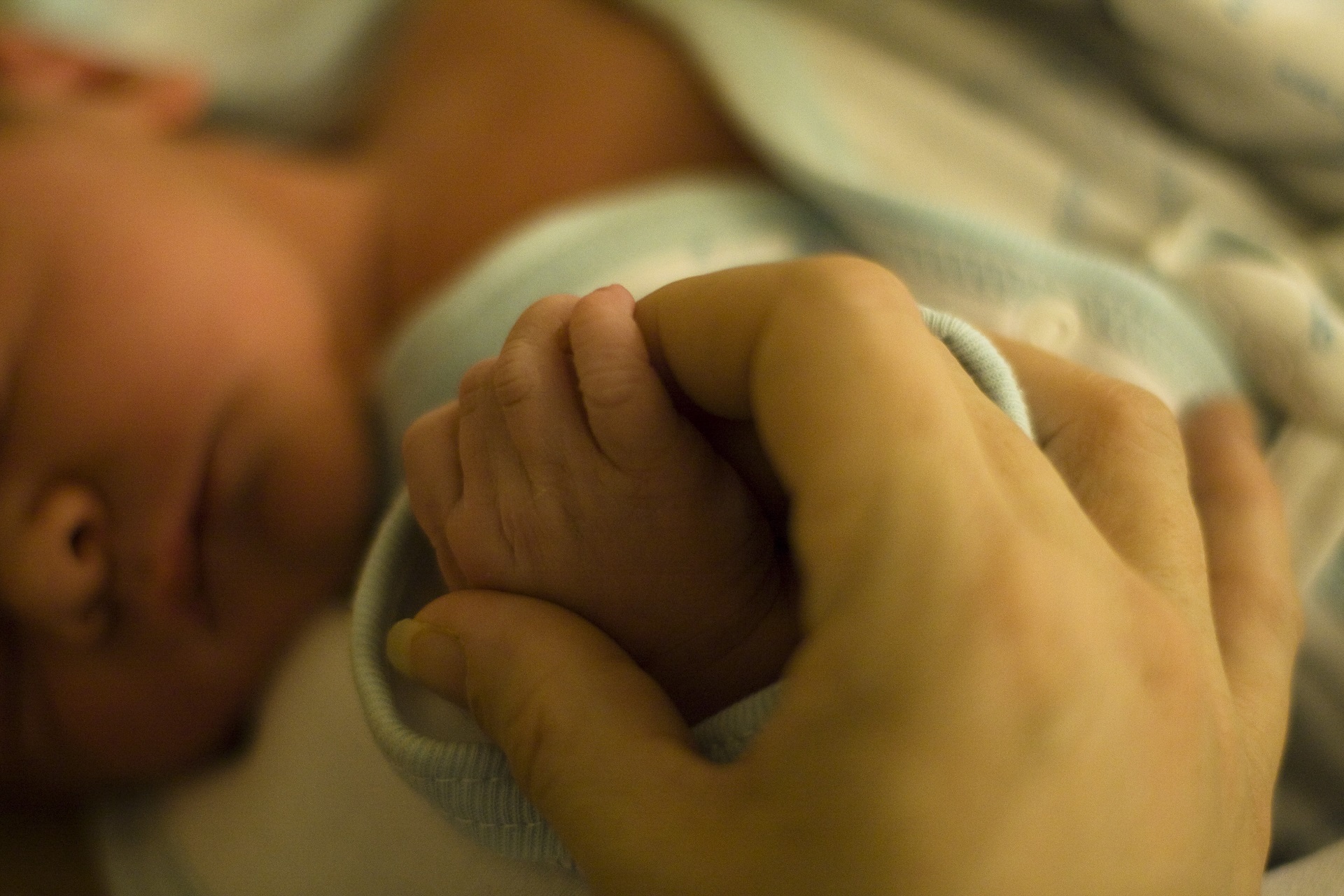(Reuters Health) – People who were exposed to more sources of stress in the womb and early childhood may be more sensitive to pain by early adulthood than their counterparts with little or no exposure to stress early on, a recent study suggests.
Researchers focused on stressful life events that might occur in children’s households during pregnancy or early childhood such as pregnancy complications, the death of a close friend or family member, marital problems or breakups, job loss or other financial hardships, or residential moves. Then, researchers tested pain sensitivity for 1,065 participants when they reached 22 years old.
“Significant life stress is known to result in changes to the body’s biological systems partially by modifying gene expression,” said Rob Waller, lead author of the study and a researcher at Curtin University in Perth, Australia.
Stress can start processes that activate genes associated with inflammation and deactivate genes that might help fight off infections, Waller said by email. This is why stress has been linked to a range of common inflammatory-related diseases including diabetes and certain cancers.
And, “a pro-inflammatory state can prime the nervous system and is a key mechanism underlying higher pain sensitivity,” Waller added. “While not a prerequisite, higher pain sensitivity may ultimately increase the risk for persistent pain.”
The study looked at two types of pain sensitivity – response to pressure and response to cold.
More problematic child behaviors at age 2 were associated with less pressure pain sensitivity at age 22, the study found.
In addition, early life stressors and more dysfunctional family life were associated with increased odds of having high cold pain sensitivity at 22 years, researchers report in the journal Pain.
The study wasn’t a controlled experiment designed to prove whether or how early life exposure to stressors might directly impact pain responses years later. Researchers also lacked data on so-called lived pain experiences, such as painful injuries or surgeries, that children might experience early in life and that might impact their response to pain as adults.
Even so, the results suggest that people with exposure to stressors in early childhood might want to consider therapies aimed at addressing these experiences if they are living with debilitating pain, Waller said.
“For some people with persistent pain that is interfering with their daily life, the influence of previous or current life stress may be an important consideration,” Waller said.
“Acknowledging these contributions to how much pain they feel and learning how to successfully manage stress can improve an individual’s control of their pain and improve quality of life,” Waller added. “Strategies to better manage stress include: mindfulness meditation and relaxation techniques, regular exercise, good sleep habits, psychological strategies to develop positive stress coping responses and socializing.”
Copyright 2018 Thomson Reuters. Click for Restrictions.



